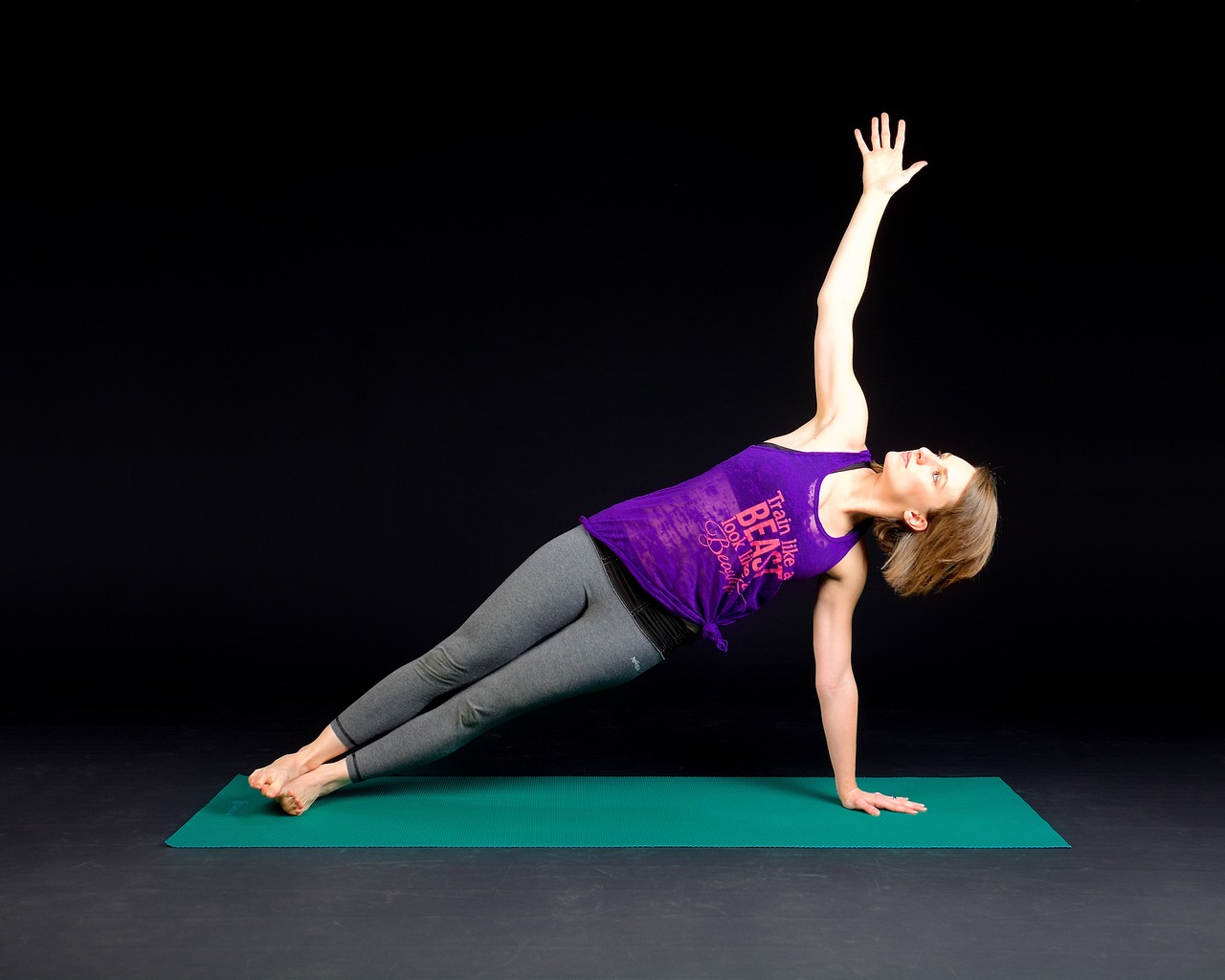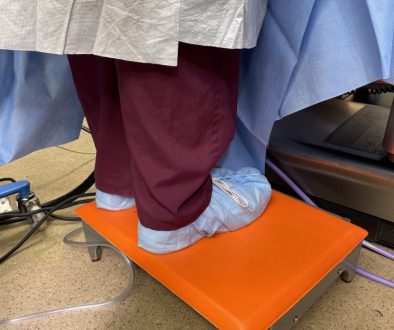Physical fitness and WRMSD: The Best Defense is a Good Offense
One of the common questions I get during talks is about the best exercise(s) for optimizing surgical ergonomics. Let’s be honest, our bodies are our tools and we need to take care of them, much like a cab driver has to maintain the source of their livelihood i.e. their vehicle. This was a lesson I learned rather late in my career, but as they say, better late than never.
I grew up in a very traditional Indian household where academic achievements were prioritized over everything else. I distinctly remember a sixth grade report card where I had straight As in every subject except Physical education, where I had a starkly different C. My father commented (rather matter-of-factly) that “the apple doesn’t fall far from the tree”. As such, I never really paid attention to physical fitness throughout my school, university, medical college and residency years, despite sustaining a few injuries along the way. Why?
I didn’t realize it then, but what saves us for most of our training and early surgical careers is the resilience of a young body. However, it doesn’t last forever and most surgeons will experience a significant change in their ability to “bounce back” from long cases in their 40s, and it gets worse in their 50s. As professionals, we have often been compared to elite athletes, but were never taught to train our bodies like they do. This is despite the fact that their careers aren’t expected to last nearly as long as ours. So, how does all this pertain to advice regarding exercise for surgeons?
Running is great for our cardiovascular systems, but strength training and stretching is crucial for optimizing surgical ergonomics and avoiding injuries. A strong core and overall fit body are great at mitigating the effects of the forward head posture and the resulting upper cross and lower cross syndromes – the inevitable result of long hours in the OR and charting in the EHR. Yoga and pilates are fantastic for this but if you already have injuries, functional training with a certified physical trainer or physical therapist is essential to get you back (and stay) in the game – and for as long as you want to. Indeed, working on my overall physical fitness was one of the most important things I did as part of my recovery from work-related MSK disease.
So, while my heart and I really enjoy long walks/hikes with my rescue pup, if you see me running, please do me a favor and look for the wild animal chasing me!




